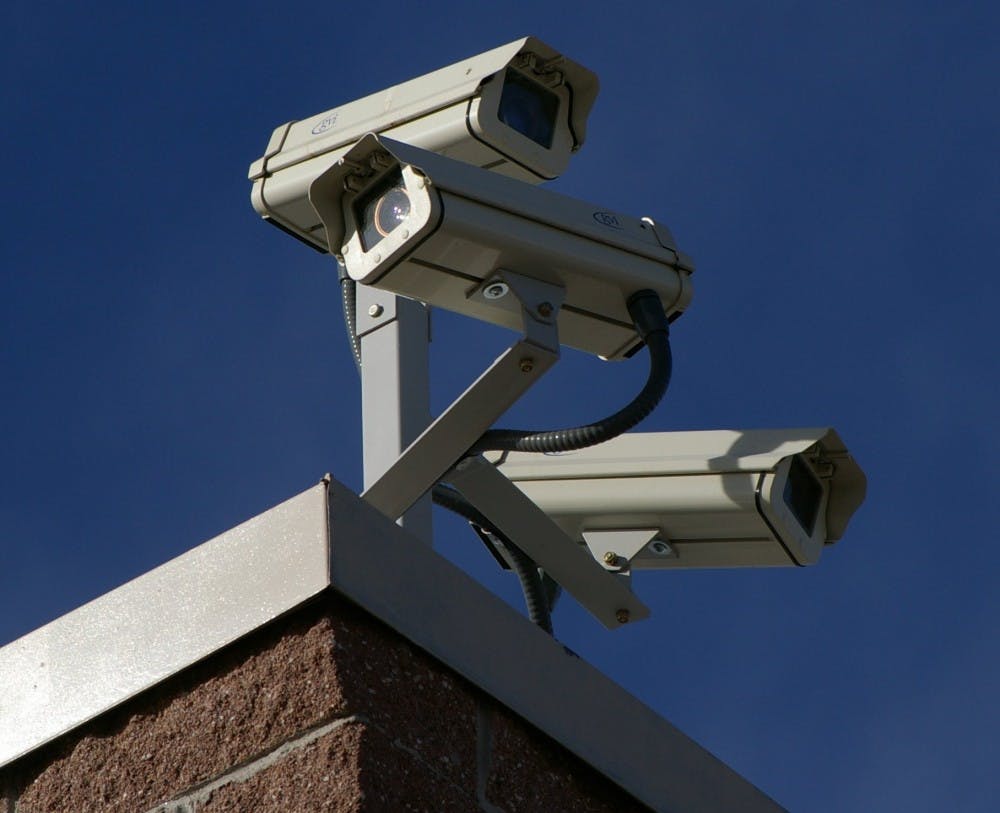For most Duke students, Thanksgiving was a much needed break from academic demands, internship applications, and general responsibilities that define our lives on campus. But apparently there is no rest for the wicked. On November 23rd, the day after Thanksgiving, the Chronicle reported that posters from a group called “Identity Evropa” appeared on Duke’s campus. Part of the broader alt-right movement, Identity Evropa is one among many organizations who hope to apply lipstick to the pig of white nationalism. Calling themselves “identitarians,” members of the group aim to infiltrate college Republican organizations in order to inject white supremacist ideas into the mainstream. Sadly, this is not the first instance of hateful people announcing their presence at Duke. Less than a week before the Identity Evropa incident, a swastika was painted over a mural devoted to victims of the Pittsburgh Synagogue shooting. That too was but the most recent incident in a spate of anti-Semitic attacks that have repeatedly marred Duke’s campus. In response to these hateful events, various student groups, from The Chronicle's independent Editorial Board to DSG to the Graduate and Professional Student Council to the People’s State of the University, have all called on the Duke administration to implement a “robust hate and bias policy.” As someone of Jewish heritage, these acts on campus pain me and I empathize with the good intentions of those proposing the hate speech policy. But even though I understand how they feel, I still don’t think censorship is the answer.
Let me admit this: censoring people who are clearly evil always sounds good in the abstract. After all, it is difficult to dispute that white supremacists are bad people and that we shouldn’t listen to their speech and that therefore we are justified in censoring. My issue with censorship as a policy is rarely with the target of the censorship (pretty much everyone at Duke would prefer not to have white supremacists here) and more with the inherent danger of establishing the power to forcefully silence others in the first place. Implied in the notion of a “hate and bias” policy is the fact that some person will have to define what they find “hateful” and which actions are “biased.”
So here’s an open question: who should decide what the terms hate and bias mean? I understand that those who support a speech code believe that it will be crafted by a well-intentioned, woke, progressive activist who will come up with the perfect set of punishments for hateful speech. However, given that the Duke administration would be responsible for enacting and enforcing this policy, it’s far more likely that someone like Larry Moneta would draw it up. Just to remind everyone, this is the same man who had two coffee shop employees fired for playing what he called, and here’s a keyword, “inappropriate” rap music. You don’t have to cross the Grand Canyon to make the short leap from “inappropriate” to “hateful.” Do we really want Larry Moneta’s standards for what is “appropriate” regulating what students can say and do on campus? Because that will be the result of a codified hate speech policy.
Furthermore, I don’t understand how these calls for the Duke administration to censor students are coming from groups like The Chronicle's independent Editorial Board. In their editorial, “Fascism and the impulse to surveil,” the board implies Vincent Price and the Duke administration are fascists, accuses universities like ours of “being active facilitators for white supremacy,” and says the gesture of surveillance is most likely meaningless without a“robust hate and bias policy.” To be totally clear, the Chronicle's independent Editorial Board wants an organization that they regard as complicit with fascism and racism to enact a censorship policy for all students at Duke. The Editorial Board has a radical tendency in everything they write and in this case they are radically incoherent.
My proposed solution is simple, but not particularly satisfying—no one should get to regulate how other people speak. What is and is not offensive is a wholly subjective argument and any attempt to enforce subjectivity in the form of policy opens up rampant potential for abuse. I have no confidence that the Duke administration would regulate speech in a non-abusive manner because I have no confidence that anyone can regulate speech in a non-abusive manner. Instead, we as a community should call out hate where we see it, shun and ostracize those who perpetuate it, and work together to create an inclusive discourse at Duke. The power to create a better Duke lies in our hands and we, the students of Duke University, shape the conversation at our school. We should use our collective social influence to discourage bad ideas and promote good ones rather than trying to relegate the ability to shape discourse to the Duke administration. We have more power than we give ourselves credit for.
Reiss Becker is a Trinity sophomore. His column runs on alternate Mondays.
Get The Chronicle straight to your inbox
Signup for our weekly newsletter. Cancel at any time.

